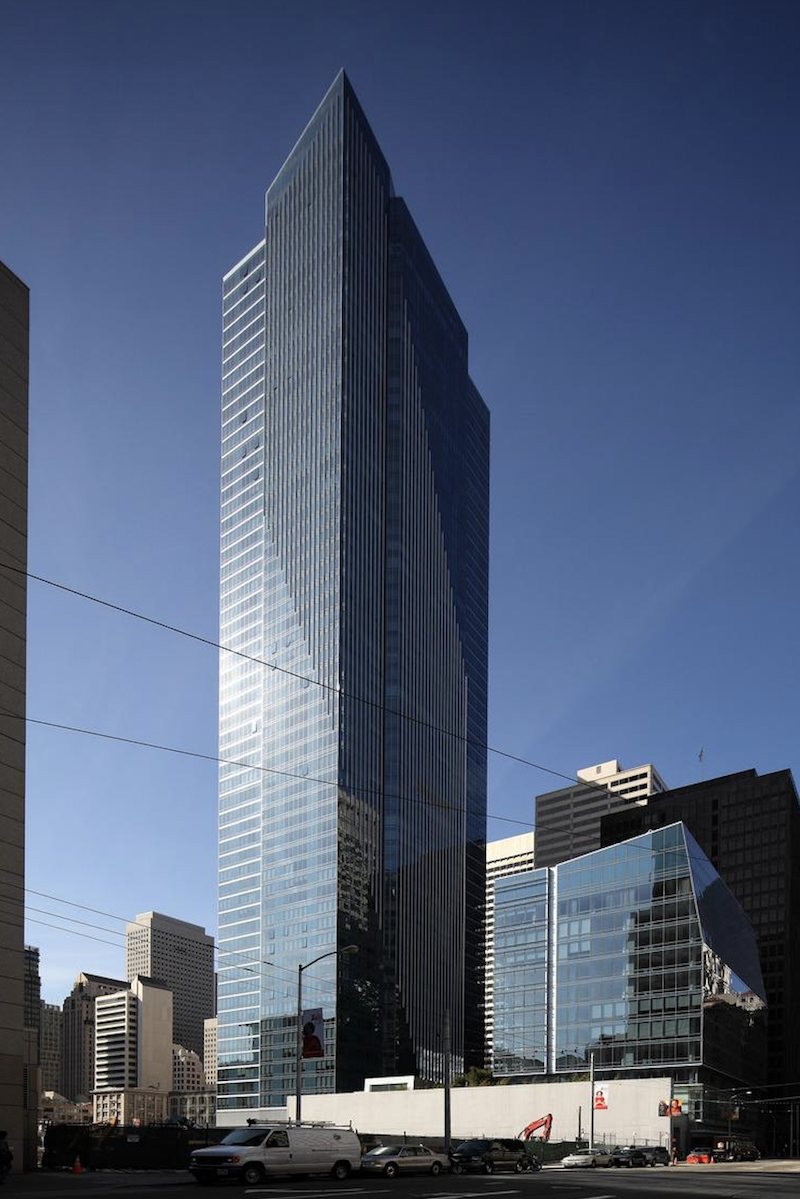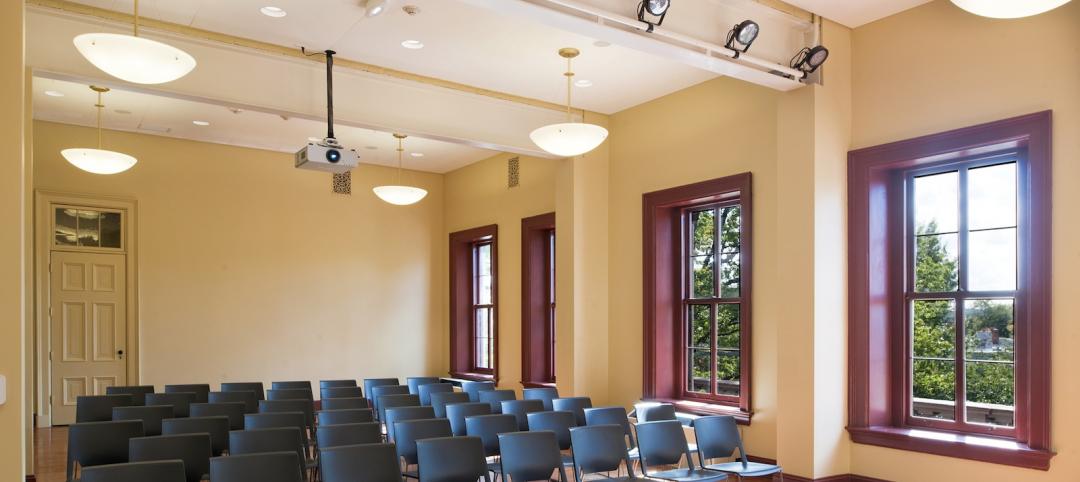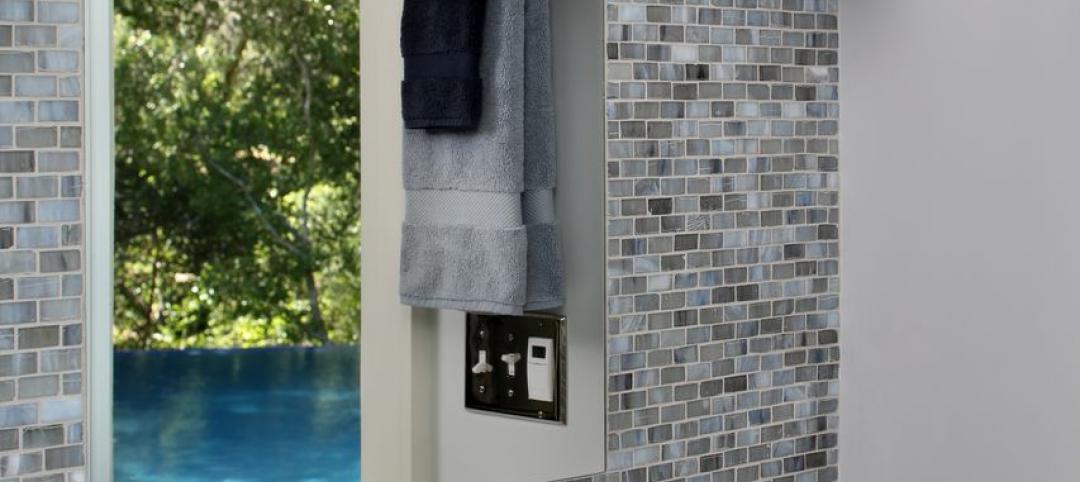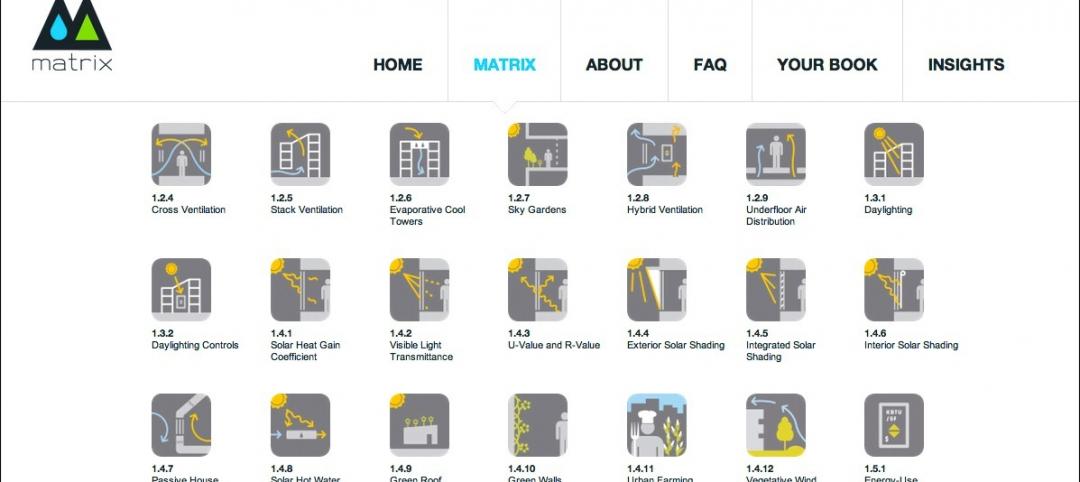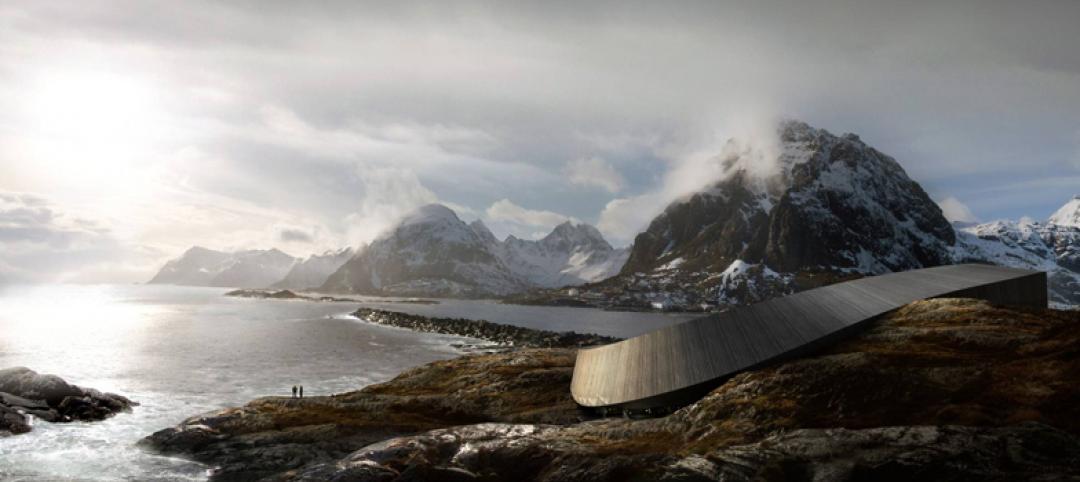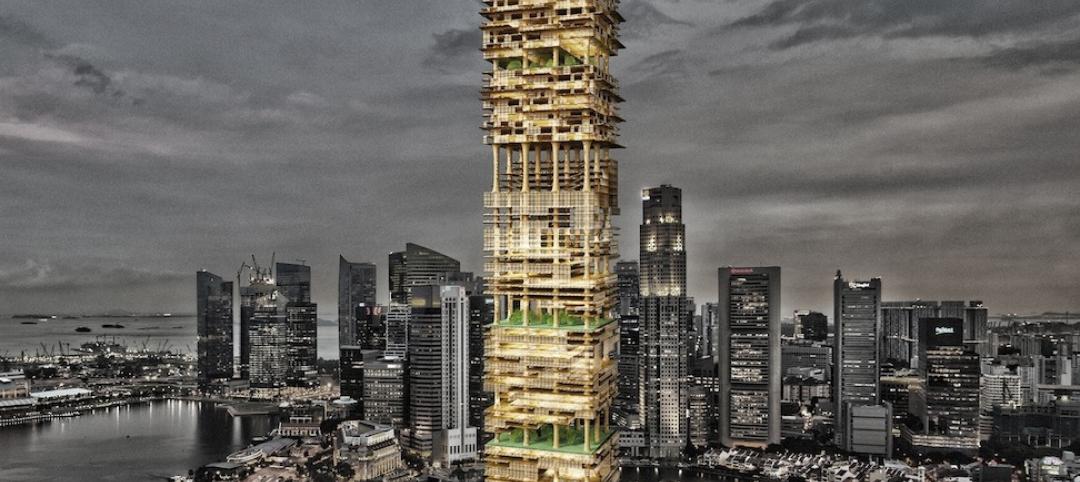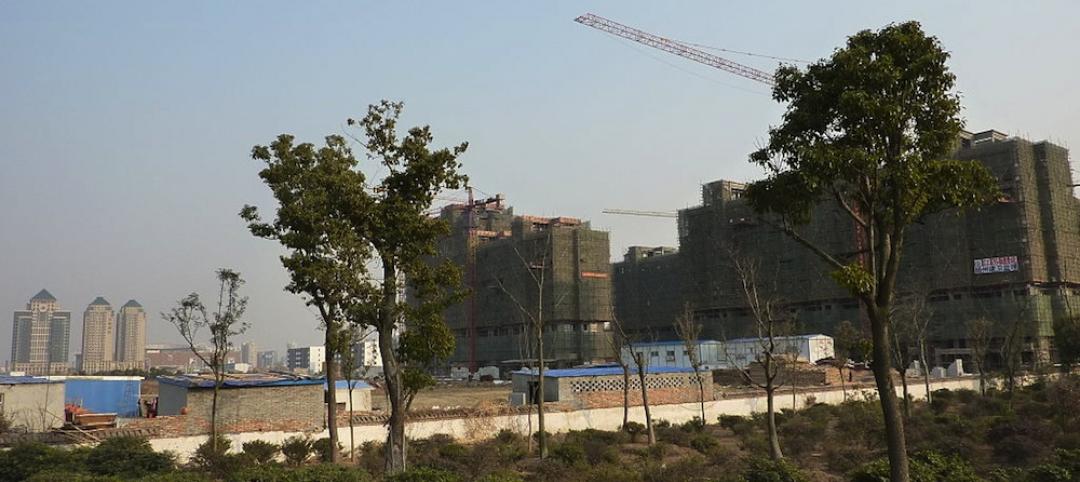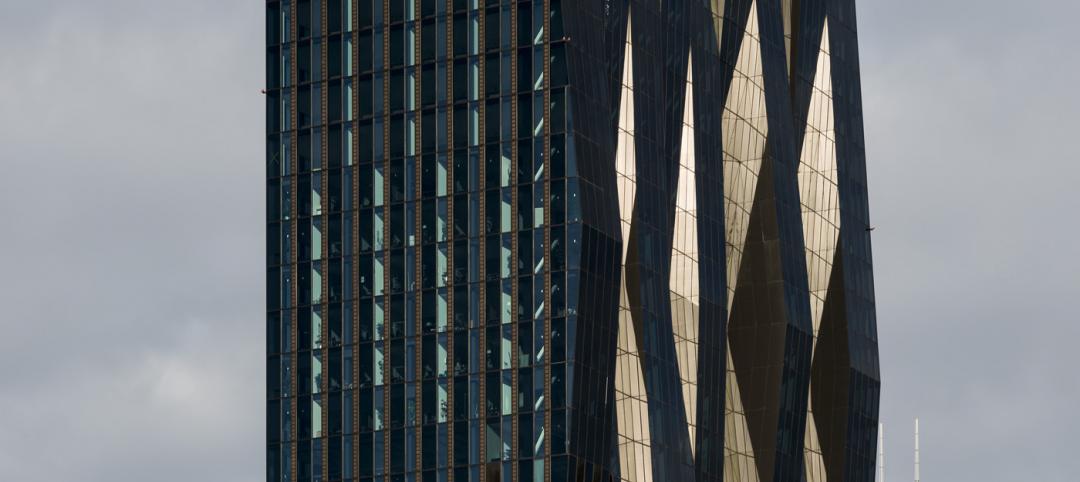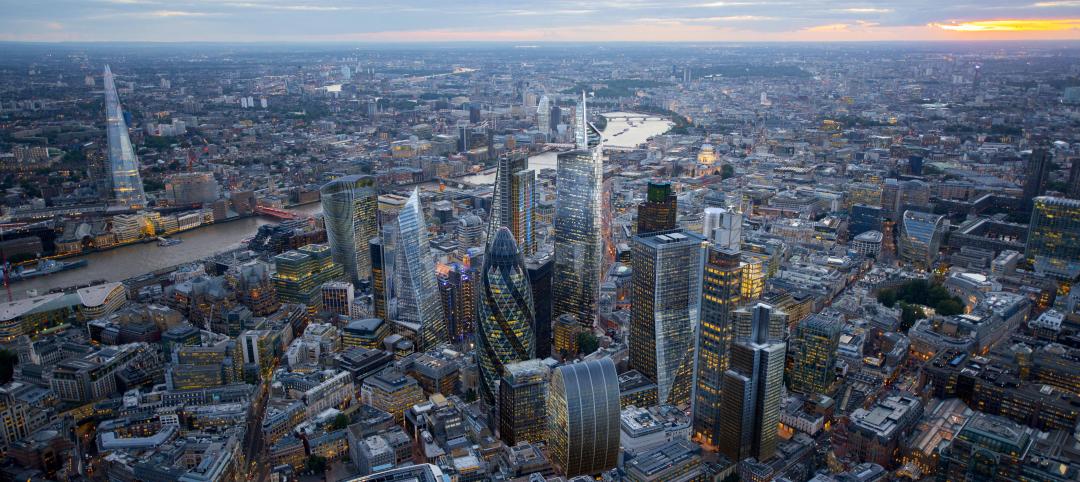Since completing construction, the 58-story Millennium Tower has become San Francisco’s most infamous building.
The tower is founded on piles driven through soft, compressible clay soils deposited by San Francisco Bay and extending into a dense sand layer over ancient marine deposits of clays, silts, and sands, according to engineering firm Simpson Gumpertz & Heger (SGH). The building’s weight and nearby construction projects caused consolidation and lateral displacement of the soils, which led to the tower settling more than 17 inches and tilting four inches across its footprint. Needless to say, this tilting began to worry residents and thrust the building into the national spotlight.
After a two-year permitting and approval process, a fix is finally set to move forward with SGH as the engineer-of-record. SGH evaluated whether the building required structural reinforcement to restore its integrity or seismic resistance to original levels. SGH lists the outcomes of the evaluation as:
– Developed detailed nonlinear models of the structure, its foundations, and underlying soil to simulate the effects of settlement and tilting
– Conducted detailed nonlinear analyses of the structure’s response to earthquake shaking
– Designed an underpinning retrofit for the structure, consisting of jacking approximately 20% of the building’s weight onto new foundation piles (52 piles to be exact) extended to rock along the structure’s north and west sides
The fix will prevent any future settlement and reverse the current tilting over time. The project is expected to begin this fall.
Related Stories
| Apr 2, 2014
8 tips for avoiding thermal bridges in window applications
Aligning thermal breaks and applying air barriers are among the top design and installation tricks recommended by building enclosure experts.
| Mar 27, 2014
16 kitchen and bath design trends for 2014
Work on multifamily housing projects? Here are the top kitchen and bath design trends, according to a survey of more than 420 kitchen and bath designers.
| Mar 26, 2014
Callison launches sustainable design tool with 84 proven strategies
Hybrid ventilation, nighttime cooling, and fuel cell technology are among the dozens of sustainable design techniques profiled by Callison on its new website, Matrix.Callison.com.
| Mar 25, 2014
World's tallest towers: Adrian Smith, Gordon Gill discuss designing Burj Khalifa, Kingdom Tower
The design duo discusses the founding of Adrian Smith + Gordon Gill Architects and the design of the next world's tallest, Kingdom Tower, which will top the Burj Khalifa by as much as a kilometer.
| Mar 24, 2014
Snøhetta unveils plans for serpentine mountain hotel
The winding hotel and apartment building will be built between the mountains and the sea in remote Glåpen, Norway.
| Mar 21, 2014
Forget wood skyscrapers - Check out these stunning bamboo high-rise concepts [slideshow]
The Singapore Bamboo Skyscraper competition invited design teams to explore the possibilities of using bamboo as the dominant material in a high-rise project for the Singapore skyline.
| Mar 20, 2014
Common EIFS failures, and how to prevent them
Poor workmanship, impact damage, building movement, and incompatible or unsound substrate are among the major culprits of EIFS problems.
| Mar 17, 2014
Rem Koolhaas explains China's plans for its 'ghost cities'
China's goal, according to Koolhaas, is to de-incentivize migration into already overcrowded cities.
| Mar 13, 2014
Austria's tallest tower shimmers with striking 'folded façade' [slideshow]
The 58-story DC Tower 1 is the first of two high-rises designed by Dominique Perrault Architecture for Vienna's skyline.
| Mar 12, 2014
London grows up: 236 tall buildings to be added to skyline in coming decade, says think tank
The vast majority of high-rise projects in the works are residential towers, which could help tackle the city's housing crisis, according to a new report by New London Architecture.


